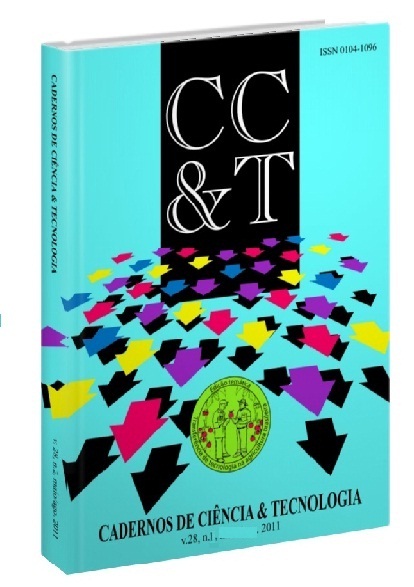THE INTEGRATED FRUIT PRODUCTION AS A MECHANISM TO REDUCE ENVIRONMENTAL IMPACT
DOI:
https://doi.org/10.35977/0104-1096.cct2011.v28.12046Keywords:
certification, food safety, traceabilityAbstract
The Integrated Fruit Production (IFP) has emerged in Italy in the 1970s, due to the imbalance caused by pesticides in the environment. In the 1990s, producers of apples in Brazil sought the Ministry of Agriculture, Livestock and Food Supply (Mapa), requesting the establishment of a system of certification and traceability, due to growing requirement of the importers of Brazilian apples, at the risk of being excluded from this market in case they did not meet the requirements. The aim of this study is to evaluate the use of IFP in the culture of apple and its importance to reduce the damage to the environment. Visits were made to producer enterprises and cooperatives, to a certification agency and to technicians of the Mapa. Questionnaires and interviews were used to collect data. The IFP has allowed the adoption of other certifications, as many environmental and social standards are requirements for other certifications. Food safety is the main reason for using the certification. The use of pesticides and fertilizers is reduced, which causes less pollution to the environment and healthier food. The certification agency and Mapa point out that the use of other methods, such as biological control, reduces the use of pesticides. A little appreciation of the certified product by consumers is still a disincentive for producers to use production methods that cause less damage to the environment.Downloads
Published
2011-01-01
How to Cite
Fornazier, A., & Waquil, P. D. (2011). THE INTEGRATED FRUIT PRODUCTION AS A MECHANISM TO REDUCE ENVIRONMENTAL IMPACT. Science & Technology Journals, 28(1), 341–365. https://doi.org/10.35977/0104-1096.cct2011.v28.12046
Issue
Section
Ensaios


